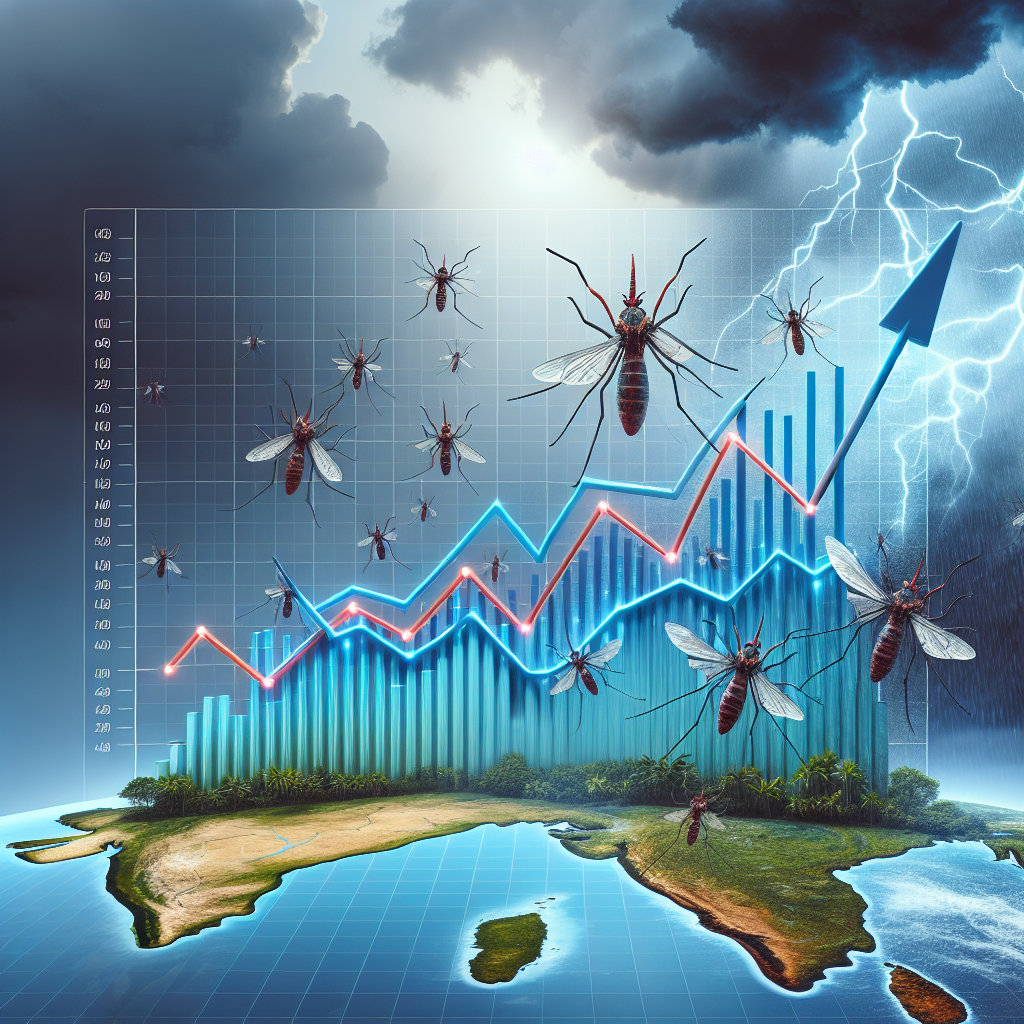Impact of Warming on Disease Spread in Cooler Regions

Understanding the Link Between Warming Temperatures and Disease Spread
Introduction
The rise in global temperatures has profound implications for public health, particularly in cooler regions. Recent research indicates that disease spread is likely to peak at around 28 degrees Celsius, revealing critical insights into how climate change will affect human health.
Warming and Disease Incidence
- Temperature Threshold: Research suggests that the strongest impacts of warming on disease transmission occur in areas that traditionally experience cooler climates. When temperatures approach the 28°C mark, the incidence of certain diseases is expected to peak.
- Regional Implications: Regions not historically accustomed to higher temperatures may face significant health consequences as warming continues.
Vulnerability of Cooler Regions
- Adaptation Challenges: Cooler regions may lack the necessary infrastructure and health strategies to adapt effectively to the incoming threats posed by temperature increases. This makes these areas particularly vulnerable to disease outbreaks.
- Shifts in Disease Patterns: As temperatures rise, diseases that were previously confined to warmer climates may migrate to these cooler regions, further complicating public health responses.
Public Health Strategies
- Early Intervention: Public health officials must prioritize monitoring temperature variations and disease patterns. Early detection systems can help mitigate the spread of disease.
- Community Awareness: Educating communities about the changing climate and its effects on health is vital. Public awareness campaigns can empower individuals to take preventive measures.
Conclusion
The expectation of increased disease incidence due to warming temperatures necessitates urgent attention. Cooler regions, in particular, must prepare for the challenges posed by climate change, emphasizing the need for robust public health strategies and community engagement. With proactive measures, we can help safeguard public health as our climate continues to evolve.
